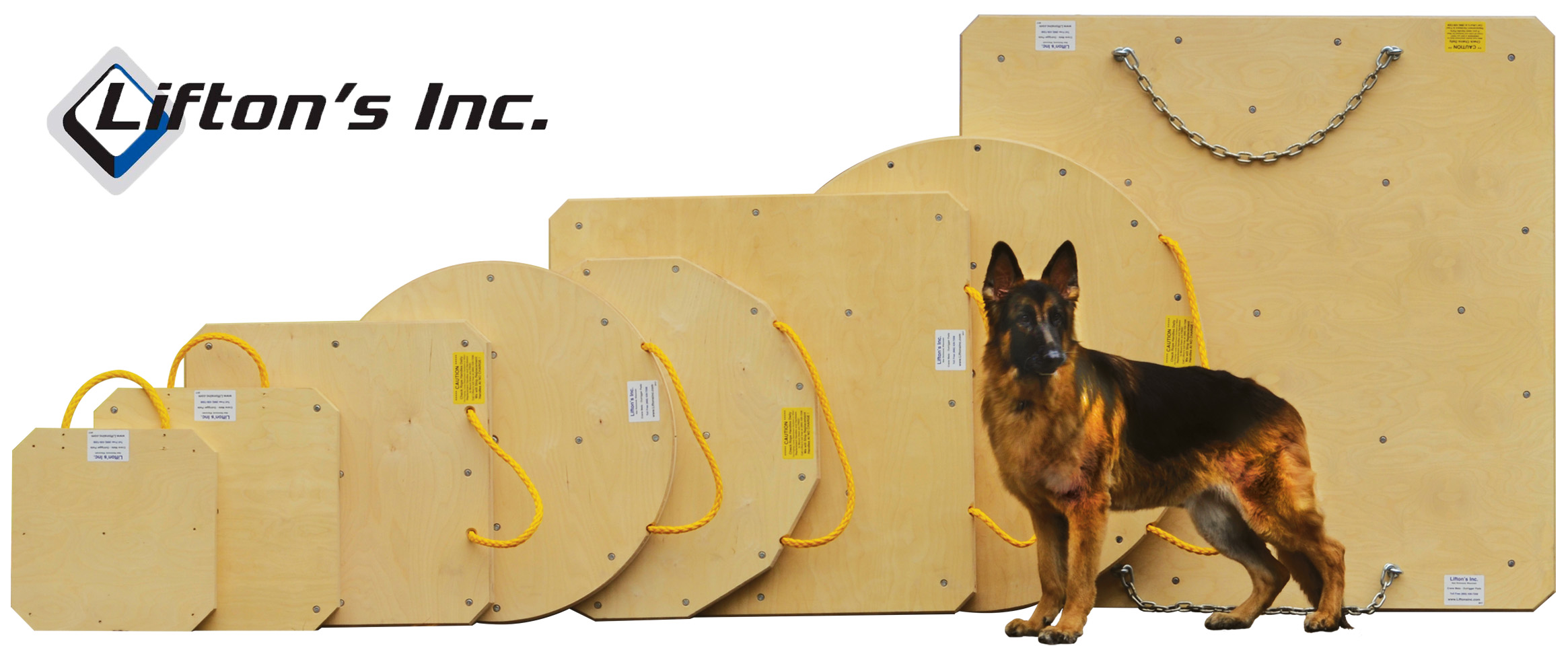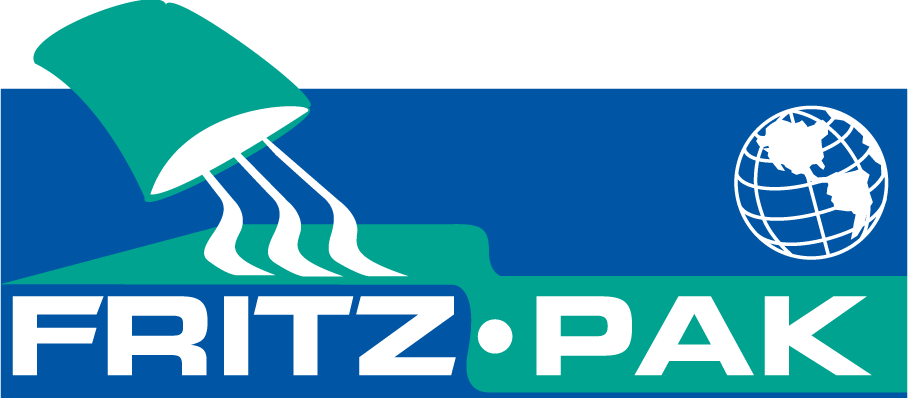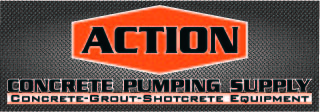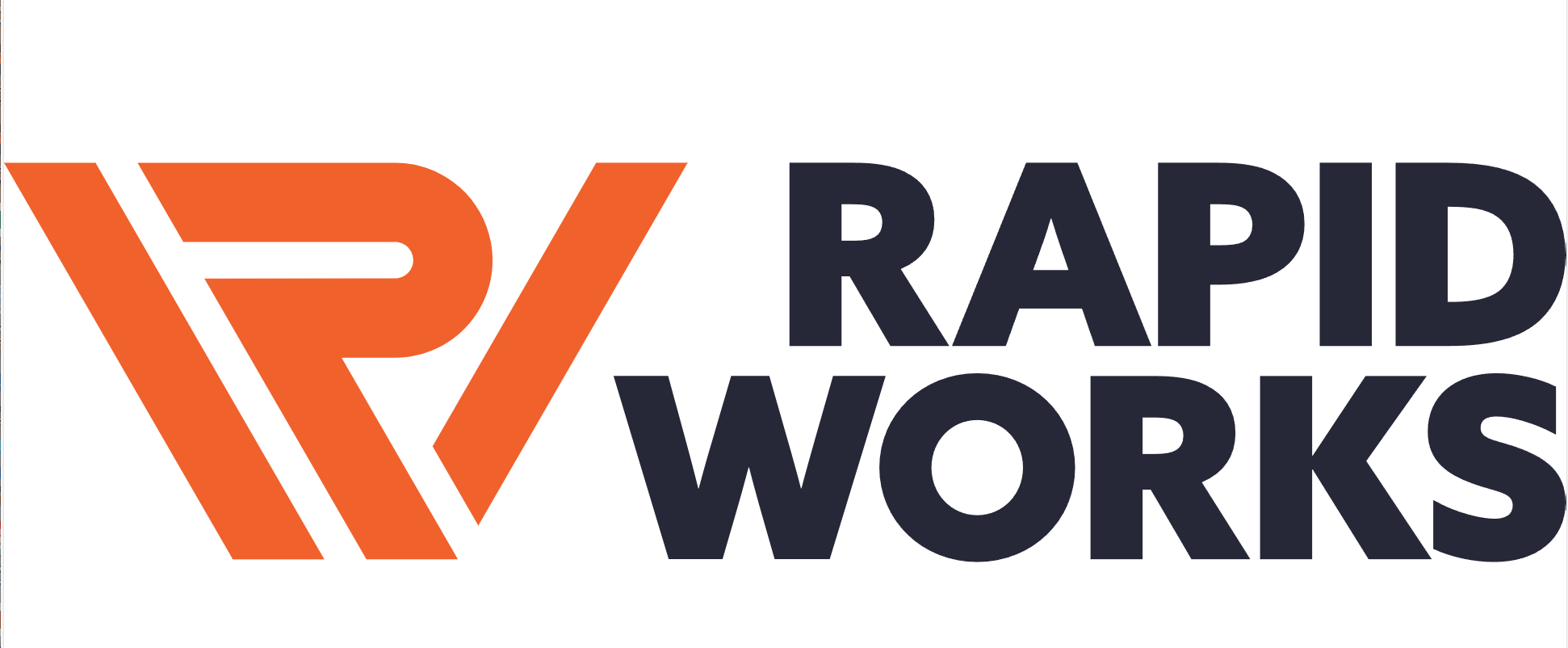| Kretch | 10-06-2008 | comment profile send pm notify |
|
I was recently asked to train a new man. The owner of a wall company was close to selling his pumps and go back to renting pumps again. He purchased two booms a couple years ago and hired an experienced man to run the show for him. Well, things didn't work out and he fired the guy. Since then he hired and fired some other operators. These guys were not trained on these particular pumps and were used to having their pumps serviced by someone else every day. Needless to say, they nearly trashed the pumps. When I was first called in neither one of the pumps were operational. Since that time we have been able to get one pump back on line. The owner of the company asked me to find him some applicants. I ran an ad here and got some good names for him. He called me one day and said he was worried that he would end up with someone elses problems, and wanted to get a little more creative. He said he took it upon himself to hire a fellow with NO EXPERIENCE. He asked me to train him. After a few years of NOT running a pump myself, I was a bit (Not wanting to do it). I ended up taking on the duty and believe me, this is more than I planned for. This new guy knew nothing about concrete and came from a field so very far away from this industry I had some thoughts of backing out. Well, we are into our 6th week and this guy is doing great. I found he is a great listener and I have made it a point to let him know how to do everything the right way. He even pumped his first "Solo" job last Friday. He had one little problem, and I was able to talk him through it on the phone. Here is the point: Why isn't there anyone who does operator training full time? We all know most companies put a new guy with an experienced operator for a period of time and then they cut them loose and on their own. This is great except for one thing. How many of these companies have a top guy who does everything by the book and would train the guy on that piece of equipment the way the factory would? I feel it would be a great thing to offer a school, or someone who is willing to travel and spend the time with new people. Someone who will assure they understand the pump they are operating, and someone to assure they understand all the safety rules. I mean to dictate what the ACPA has set and possibly work to help get these guys certified. We all know many of the more experienced operators have picked up some bad habits. Yes.... Anyone who has operated a pump for any period of time has taken some short cuts and skipped some of the safety proceedures. I am just as guilty so you can own up to it too. It is expensive to have someone like me to come in and provide this training, and I discussed that with this particular owner. He told me he felt it would be a lot less expensive than what it would cost to replace his pumps, or the down time he has recently experienced. I do feel there is a place for some kind of school, and or a full time trainer to work with new pump operators. I agree that after this type of training these new people should spend a certain amount of time with other more experienced operators to learn even more, but at least they would know what is right and what is wrong before they go to work.
Your thoughts? |
||
| Doc | 10-06-2008 | reply profile send pm notify |
|
One of the problems of opening a school is that after you spend the time and effort to train a person, your competitor offers him a dollar more an hour and there he goes. A school would work for the man that bought and intends to run his own pump, but the days of people starting on a shoestring in the pumping business are probably gone. Banks have taken such huge losses on pumps that the average person probably will not be able to buy a pump even with 20 percent down unless they have excellent and long standing credit. Doc |
||
| Many | 10-06-2008 | reply profile send pm notify |
|
there is one in Canada. Right now operators (experienced) are becoming more available and the owners can pick and choose.Now not to be out of line but reputations often preceed some. |
||
| DeReK | 10-06-2008 | reply profile send pm notify |
|
when i worked for BBCP we got our first putz for that yard, it was an 2007 40z. they had a putz rep come out and spend a week with the operator to show him the way they suggest to operate and maintain that particular pump
|
||
| TooTall | 10-07-2008 | reply profile send pm notify |
|
I once trained a Snapple driver he was too old to line pump very long (long enough). He's still pump'n. His head swole up pretty quick. All the sudden he knew EVERYthing. I had a guy ride along ONE day . It was so sweet, 9:00 concrete, on job at 6:00, 200'x5" pipe, (4) 90's, (6) 45's, (9) 22's and 100' of 5" hose. Oh yeah and a 150lb manual hammer gate. Sorry bastard called a taxi! Supposed "Emergency" Yeah right I think he $hit him self. |
||
| fish guy | 10-08-2008 | reply profile send pm notify |
|
Who is to say that you or me or any one can train someone wright this is a forever changing industry and you have to learn to adapt and adapt safly so what is wright for your compainy could be wrong for mine and for so with 90 and 45 are full of it |
||
| Many | 10-08-2008 | reply profile send pm notify |
|
Hi fish when training,one must remember basic saftey principles which is what we should teach.Lets say a company gives you 1-2 weeks to train a new operator,whats left but basic's?.Beyond that initial training he's on his own. Yes this is a very changing industry however company policy often is stressed.It is very hard for a trainer to tell his boss "good to go",so management has alot to do with the outcome. I personally got about 4 days training on a boom 30 years ago.Some will make it and some won't,question is what happens in the mean time?. |
||
| Phill | 10-09-2008 | reply profile send pm notify |
|
Hi Guys, I have been thinking about this lack of training in the industry and the need for qualified people. I have the credentials and knowledge to do such a program and I am willing to try it but I don’t think the industry is willing to invest in properly educated operators and mechanics. (I don’t mean to sound negative, I just don’t think most people know how much is involved in making a good operator and or mechanic – most have to learn by the trial an error – which can be dangerous and expensive) As I see it, the majority of operator and mechanic training sessions held now are very basics and they are usually offered by the manufactures, held in large groups in a confined time frame. I believe the key to real training comes in a one-to-one practical / classroom combination with real world situation and hands-on verification. This allows for the student to truly understand his equipment – how it works – how to override it – how to calculate loads, pressures etc. They need to learn what they will be operating and be confident with it before learning what else the industry has available – you can only cram so much information in – you better make sure it’s the important stuff. Now the ACPA is a good source of safety information and they do a great job at getting it out, in fact I have been an instructor for them myself – but again I think that a one-on-one atmosphere is more beneficial even in safety training. The end result is that I think you should have only one or two students and teach them: · Operation / set-up / pumping / clean out / etc. · Safety · Emergency overrides · Hydraulics · Electronics |
||
| Kretch | 10-13-2008 | reply profile send pm notify |
|
That was some great input, Phill. I agree that trying to provide a school with a large number of students wouldn't work. I believe that one to two students at a time would prove to be more productive.
|
||

_1.png)









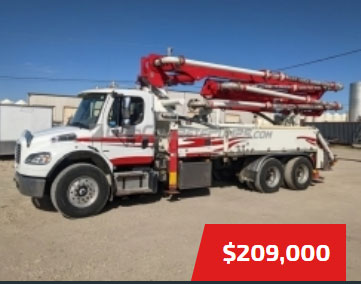

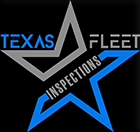


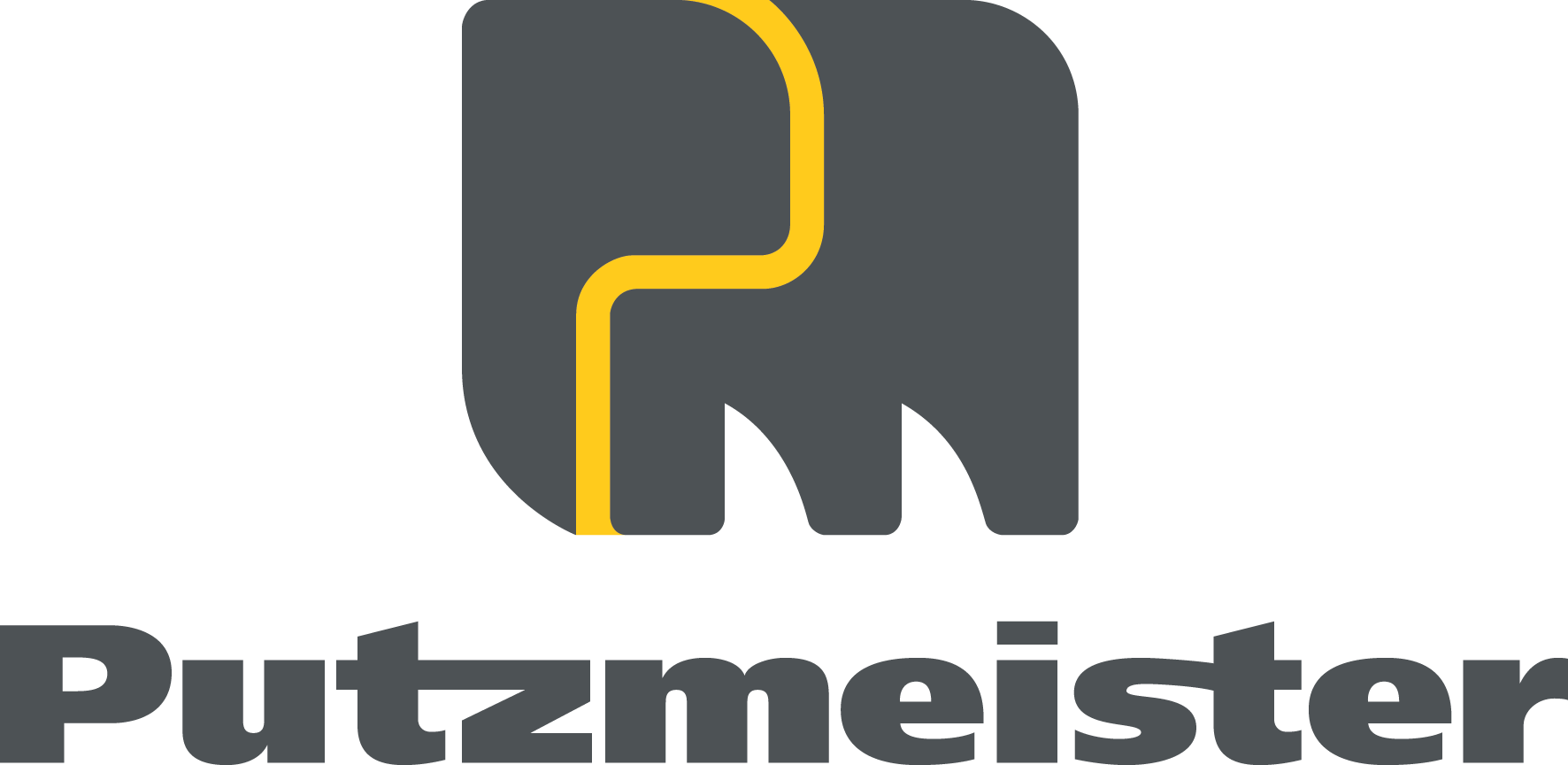



.jpg)
.gif)

.jpg)









.jpg)
